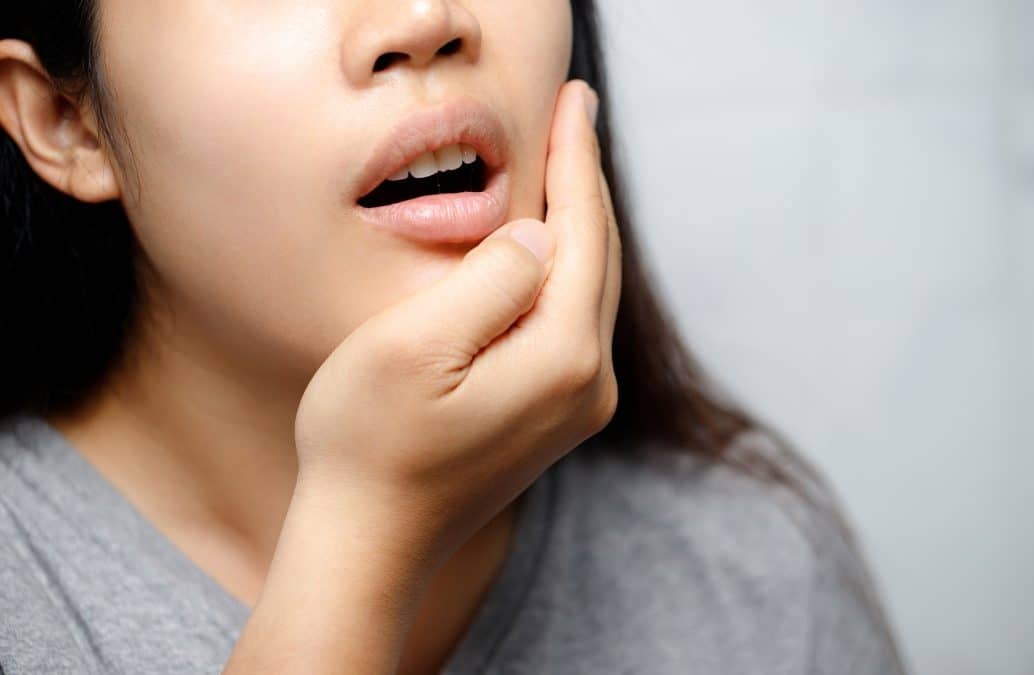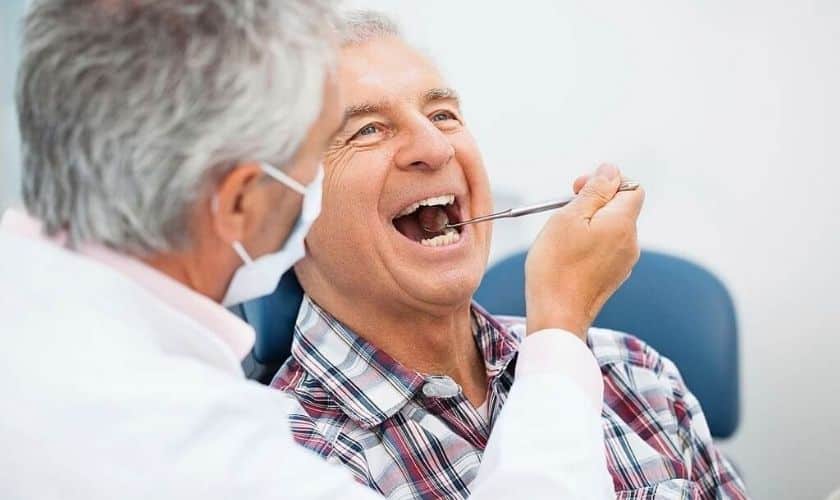
Surprising Causes Of Teeth Grinding And How To Stop It
Teeth grinding, also known as bruxism, is a common dental condition that can lead to various oral health issues. While stress is often associated with teeth grinding, several surprising causes contribute to this habit. This article will explore these unexpected causes of teeth grinding and provide effective strategies to stop it. Understanding the underlying causes and implementing preventive measures can help individuals alleviate the symptoms of bruxism and protect their oral health.
Stress And Anxiety
Stress and anxiety are well-known contributors to teeth grinding. The tension and pressure that build up during stressful situations can lead to unconscious grinding or clenching of the teeth, especially during sleep. Managing stress through relaxation techniques, exercise, and counseling can help reduce teeth grinding associated with these emotional factors.
Sleep Disorders
Sleep disorders such as sleep apnea and snoring can trigger teeth grinding. The disruptions in sleep patterns and compromised airflow during sleep can lead to bruxism. Treating the underlying sleep disorder with interventions like continuous positive airway pressure (CPAP) devices or oral appliances can help alleviate teeth grinding.
Medications And Substances
Certain medications, such as antidepressants and antipsychotics, have been linked to teeth grinding as a side effect. Additionally, using substances like caffeine, tobacco, and alcohol can contribute to bruxism. Consulting with a healthcare professional to adjust medication dosages, explore alternative options, and minimize the consumption of substances that exacerbate teeth grinding can help manage the condition.
Misaligned Teeth And Jaw
Teeth that are misaligned or a jaw that is not properly aligned can cause an imbalance in the bite, leading to teeth grinding. This is because the teeth are not meeting in their intended position, resulting in excessive grinding or clenching to find a comfortable bite. Orthodontic treatments, such as braces or dental appliances, can help correct the alignment of the teeth and jaw, reducing teeth grinding.
Lifestyle Habits
Certain lifestyle habits can unknowingly contribute to teeth grinding. Chewing on pens, pencils, or other objects, biting nails, or constantly clenching the jaw can increase the likelihood of bruxism. Recognizing and consciously avoiding these habits can help reduce teeth grinding.
Malocclusion And Dental Problems
Malocclusion, which refers to the misalignment of the teeth and jaws, can lead to teeth grinding. Dental problems such as missing teeth, cavities, or an uneven bite can also contribute to bruxism. Seeking dental treatment to address these underlying issues can alleviate teeth grinding caused by dental problems.
Psychological Factors
Psychological factors such as suppressed anger, frustration, or an aggressive personality type can manifest as teeth-grinding. Finding healthy outlets for stress and emotions, such as relaxation techniques, counseling, or practicing mindfulness, can help manage the psychological triggers associated with bruxism.
The Bottom Line
Teeth grinding can have detrimental effects on oral health if left unaddressed. By understanding the surprising causes of teeth grinding, individuals can take proactive steps to stop this habit. Managing stress, addressing sleep disorders, evaluating medication usage, correcting misalignment issues, modifying lifestyle habits, seeking dental treatment, and addressing psychological factors can all alleviate teeth grinding. Seeking professional help from a dentist or healthcare provider is essential for diagnosing, treating, and preventing bruxism. By addressing the root causes and implementing appropriate strategies, individuals can protect their oral health and find relief from the symptoms of teeth grinding.

